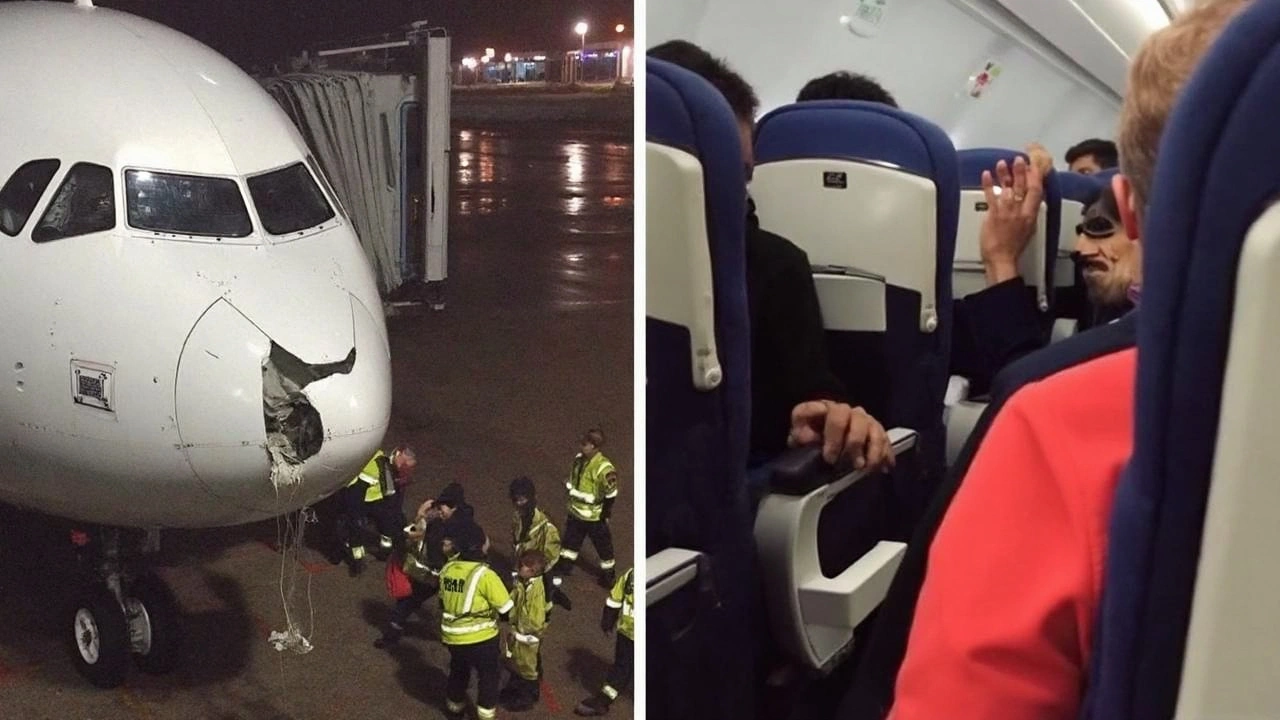
Paksitan's Airspace Block Leaves IndiGo Passengers in Turbulence
A recent incident involving a packed IndiGo flight has reignited the debate on Pakistan’s ban on Indian airlines using its airspace. The flight, carrying 227 passengers, hit a patch of severe turbulence just as the pilots requested to reroute and enter Pakistani airspace for safety reasons. Their request was denied. The episode has brought attention to the human risks that come with political decisions in the sky.
This isn’t just about adding a few extra kilometers to a trip. When an aircraft faces turbulence, pilots need flexibility to reroute and find calmer paths—sometimes through neighboring countries’ airspace. Pakistan’s decision to keep its doors closed, even during a risky moment in the air, meant the IndiGo crew were left with limited options, stretching their resources and testing nerves in the cockpit and cabin.
The consequences go way beyond this one flight. Since the airspace closures, Indian airlines have had to redesign international routes, making detours that mean extra hours in the sky and more jet fuel burned. These obstacles have a domino effect—costs go up, schedules get shaky, and sometimes airlines have no choice but to pull the plug on entire routes. For example, IndiGo had to temporarily cancel flights to Almaty and Tashkent because the longer detour made these routes almost impossible to operate profitably.
Real Lives, Real Impact
For passengers, extra time in the air isn’t just an inconvenience; it raises anxiety, especially when turbulence is thrown into the mix. Imagine being on that IndiGo flight, feeling the sudden shakes and then learning that your safest way out—a simple detour—is blocked due to ongoing political tensions. Pilots are trained to handle rough skies, but being boxed in by international boundaries is a different challenge altogether.
Aviation experts say these restrictions strain flight operations and make crew scheduling a nightmare. Extra fuel bills have to be covered, sometimes eating into airline profits so much that certain international connections are put on hold indefinitely. Ground staff, crew, and passengers are often left scrambling as sudden cancellations or new flight paths roll out.
This incident with the IndiGo flight has become a talking point among aviation circles, with many now questioning what protocols should be in place for emergencies. Should humanitarian exceptions be honored above politics? The tension between safety and sovereignty has never felt sharper for those who trust their lives to jet engines and wind currents every day.
- Pakistan airspace closure has forced Indian flights onto longer, expensive routes.
- Incidents like this highlight the real dangers for passengers when politics overrides emergency procedures.
- Airlines face tough decisions, sometimes canceling important routes and inconveniencing travelers worldwide.
Underneath it all, one takeaway is clear: decisions made thousands of meters below can have life-or-death consequences for those above the clouds.